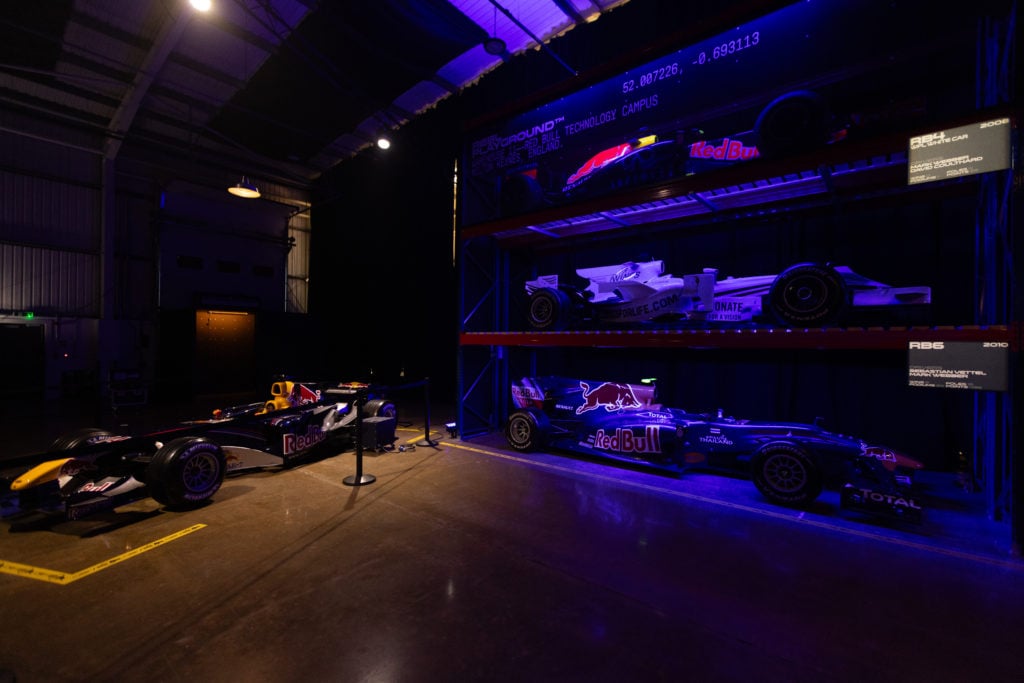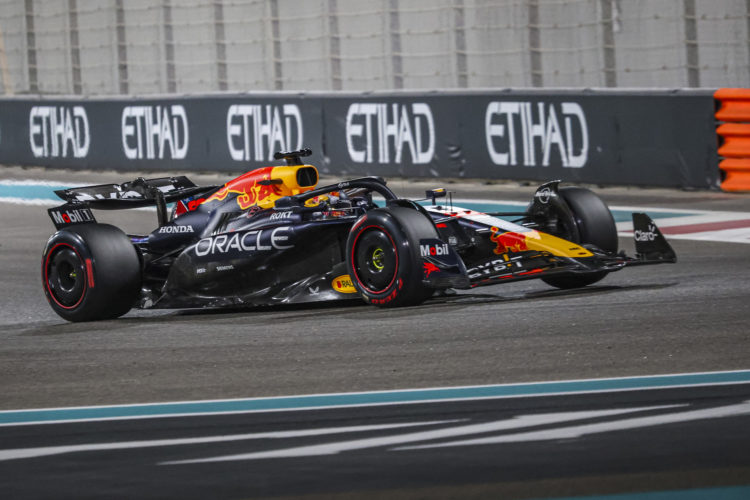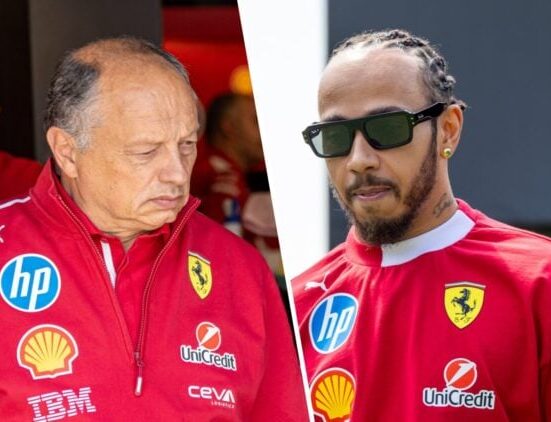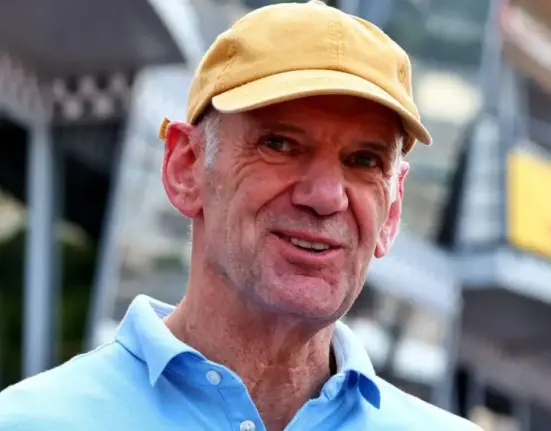Red Bull Racing are dealing with the same conundrum as every other team in the paddock when it comes to their car development this year.
The 2025 F1 season is expected to be the closest campaign in years given how the performance of each car converged last year.
Four teams including Red Bull will believe they have a chance of winning the Constructors’ Championship, but attention needs to turn to 2026 sooner rather than later.
That’s because F1’s new regulations are introduced next year and they’re considered to be some of the biggest changes the sport has ever made to their rules between seasons.
Every manufacturer will already be working on their 2026 cars, but some will be concentrating on it more than others.
Journalist Jon Noble was speaking on The Race F1 Podcast Extra about the biggest change Red Bull are facing next year.

From 2026, Red Bull will no longer be working with Honda and instead will be running their own power units in association with Ford.
Unfortunately, they won’t be allowed to test these engines as part of their TPC (testing of previous cars) program this year to see how they’re performing.
Red Bull not allowed to run 2026 power units during testing this year
Noble was asked if they would be allowed to experiment with their 2026 power unit in one of their older cars in a testing capacity and said: “I had to go away and check on this one because I wasn’t sure and it was something I had wondered myself whether there would be a phase where Red Bull, for example, would get its power unit and dump it in a very old F1 car and get some mileage on it.
“From what I understand, no you can’t. I understand it was discussed at F1 Commission level about what to do because obviously, it’s a massive regulation step for next year.
READ MORE: How Max Verstappen could hamper Red Bull developing their new car for the 2026 F1 regulations
“From what I understand though, the idea of teams being allowed to do that has been ruled out and the compromise was three tests instead at the start of 2026 to give them some mileage.
“If you look at the sporting regulations for next year, this has all been laid down.”
Noble goes on to say that a ‘private collective test’ will be organised which consists of five consecutive days between January 5 and 31 next year where each team can run for three days, before two public three-day tests.
Red Bull Powertrains will be vital to Max Verstappen’s success in 2026
It’s expected that the 2026 Formula 1 regulations will greatly benefit whichever team has the best power unit.
There are already rumours that Mercedes may have the best engine going into next year.
That will be very pleasing news for McLaren, Williams and new customer team Alpine, although whether the trio of customer teams will be on the same level as Toto Wolff’s outfit is yet to be seen.
READ MORE: All you need to know about Red Bull Racing from engine to Ford links
Martin Brundle has been impressed with the Red Bull Powertrains operation, but it won’t be known until testing starts next year whether their first attempt to enter the world of engine manufacturing has gone to plan.
Ferrari will provide engines to Haas and new team Cadillac if their place on the grid is confirmed, while Honda make the switch to exclusively provide power units to Aston Martin.
There are question marks about how the 2026 F1 season will play out with worries about how fast the cars will be, and fans will be hoping that it’s just as competitive as last year otherwise many will wonder why the sport decided to interfere with the status quo.










Leave feedback about this